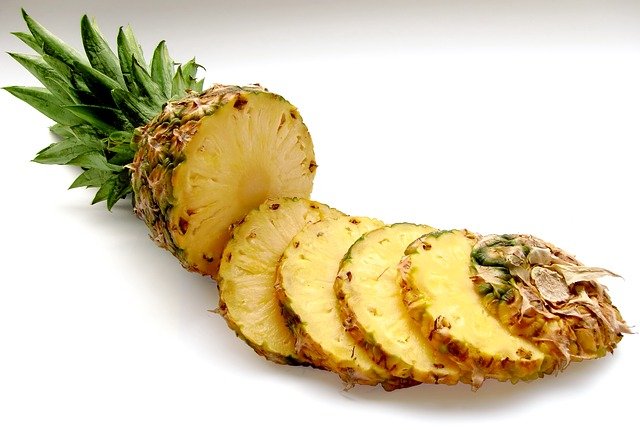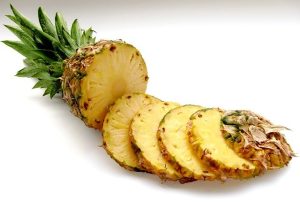
Download the free "5 MUST KNOW AB EXERCISES"
- Follow-along Workout Plan Included
- Start Burning Fat and Tone Up

 When it’s hot out, eating a slice of sweet watermelon can hydrate you, cool you and provide benefits for your body. So why is the sugar from fruit considered healthy, yet other types of sugar not healthy. Even honey, which is natural and far better than refined sugar, can negatively affect your body by increasing inflammation, is high in calories, can lead to insulin resistance, liver and heart disease.
When it’s hot out, eating a slice of sweet watermelon can hydrate you, cool you and provide benefits for your body. So why is the sugar from fruit considered healthy, yet other types of sugar not healthy. Even honey, which is natural and far better than refined sugar, can negatively affect your body by increasing inflammation, is high in calories, can lead to insulin resistance, liver and heart disease.
The sugar in fruit is a mixture of sucrose, glucose and fructose. Sucrose is part fructose and part glucose, which metabolize differently. The glucose is first digested, then absorbed where it goes to the lever, then the bloodstream. Fructose, on the other hand, goes to the liver immediately and is processed there. Natural fructose is good for you, unlike processed fructose, HFCS—high fructose corn syrup. That type of sugar has far higher amounts of fructose than you’d find in fresh fruits and vegetables, which by comparison is minimal. Those high amounts can lead to metabolic disorders. It overloads the liver, which causes the liver to turn it into fat. It’s the amount of fructose that makes the difference and that amount is minimal in fruit.
The fiber in fruit slows digestion and, in the process, makes overloading the liver less possible. Fruit contains two types of fiber, soluble and insoluble. The soluble fiber becomes a gel-like substance when mixes with water, which slows digestion. It also contains insoluble fiber, which adds bulk, also slowing digestion and preventing an overload of fructose in the liver. While lipogenesis, an overloading of fructose in the liver, can occur with food that has HFCS, it doesn’t occur with fruit.
Since fruit has a high water content, you fill up faster. Therefore, you eat less and ingest less fructose. It’s one reason eating a whole fruit fills you more than eating that same fruit in dehydrated form. Again, you’ll eat less and ingest less fructose in the process. Pineapple, for instance, is 80% water, so when you remove the water, it shrinks in size. In fact, ¼ cup of dried pineapple comes from a full cup of fresh pineapple, which is far more filling. Taking out the water also reduces the water-soluble vitamins like B and C.
For more information, contact us today at Prime Fitness Studio